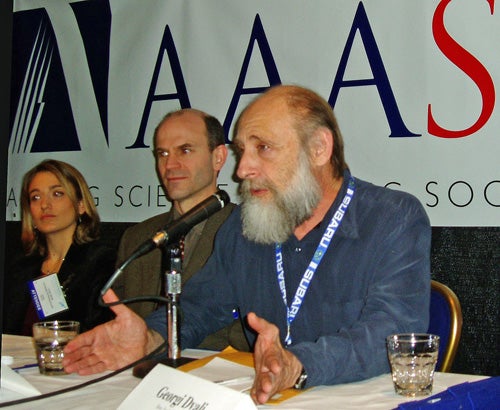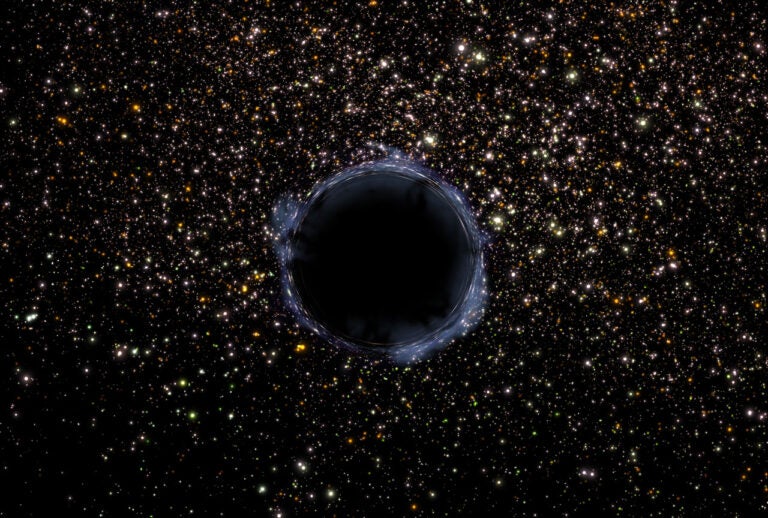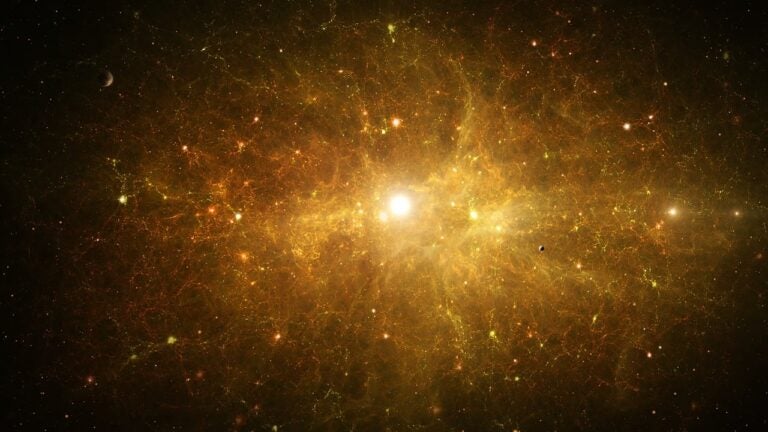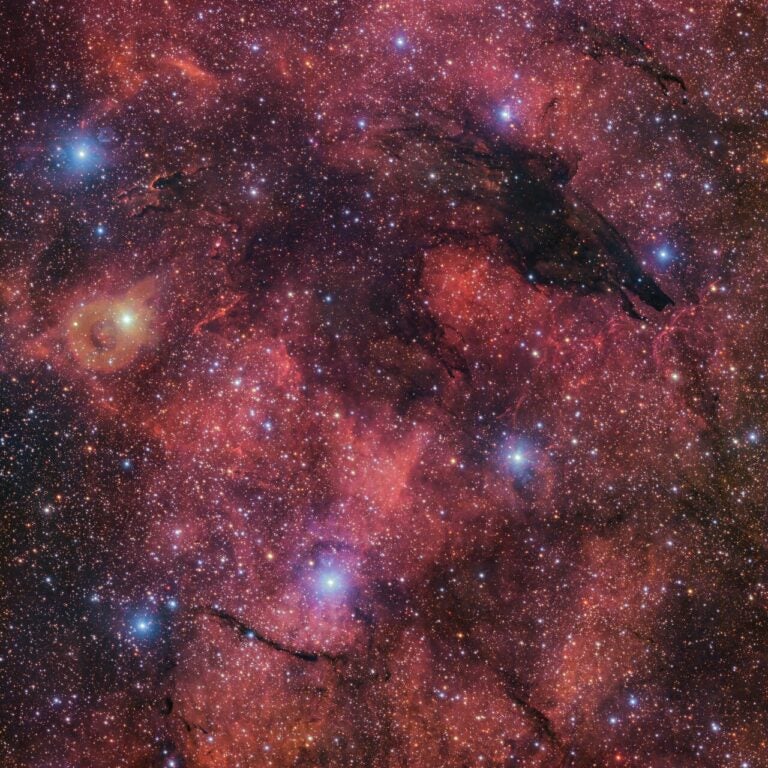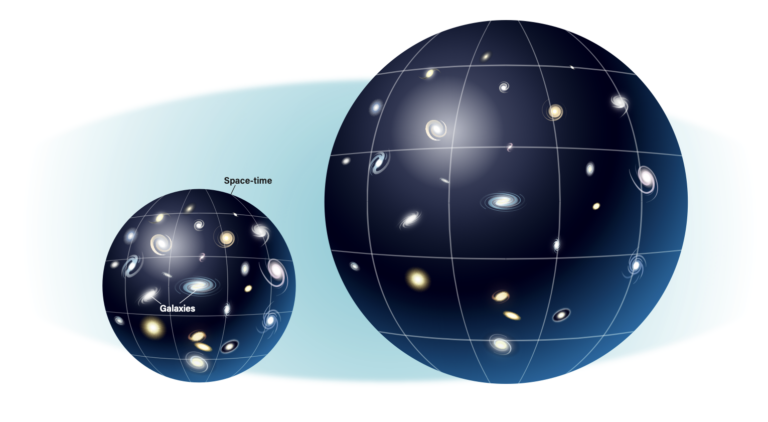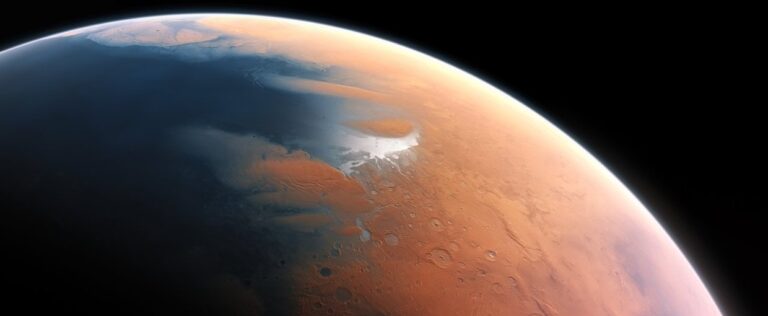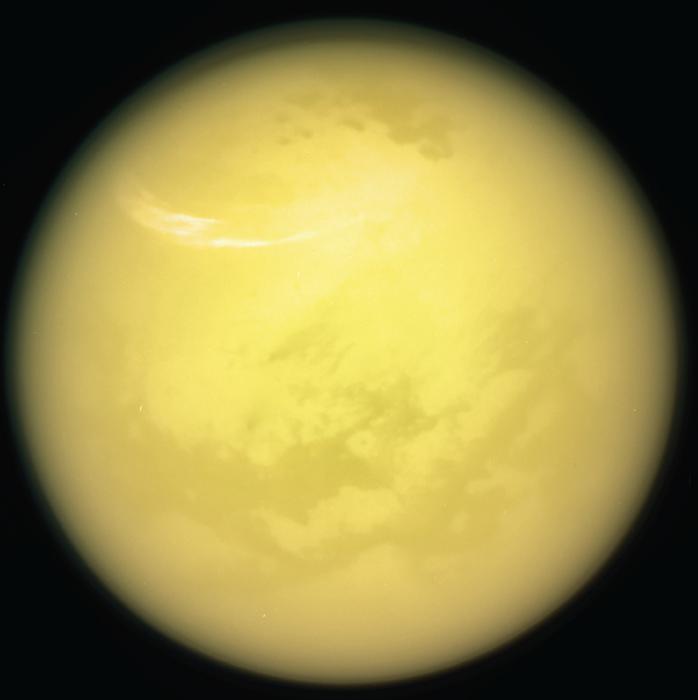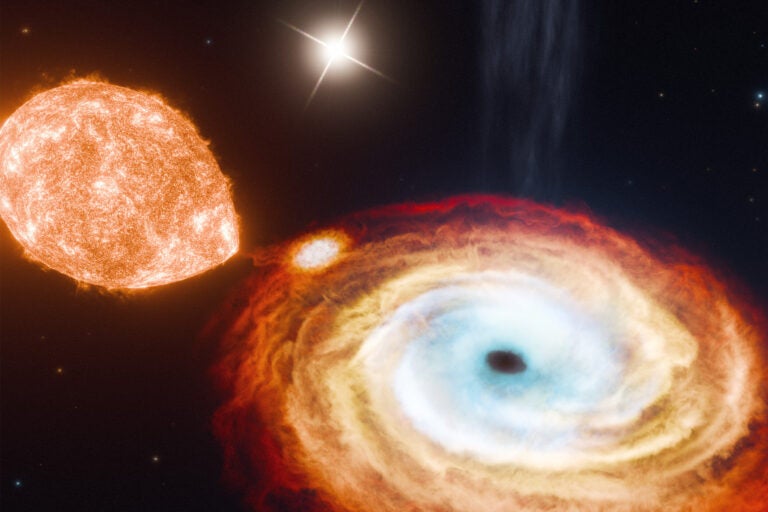Although the universe we live in is full of mysteries that challenge today’s brightest physicists and astronomers, no entity is quite as baffling as the so-called dark energy that makes up the bulk of the cosmos.
“It’s most of the universe, and we don’t have a clue what it is,” astronomer Adam Riess said on Friday following a news briefing at the American Association for the Advancement of Science meeting in Washington, D.C.
Dark energy appears to be a kind of anti-gravity force that pushes galaxies apart. It’s estimated to account for some two-thirds of the energy content of the universe — and yet, physicists struggle to explain what causes it.and why it has the particular strength it does.
Astronomers have gradually learned more about dark matter since the initial discovery. The history of the universe, Riess says, can be thought of as a kind of titanic struggle between the attractive force of gravity and the repulsive force of dark energy. More precise observations over the last few years have allowed Riess and his colleagues to look at that history in detail, seeing times when one force or the other was dominant.
“We’ve been able to sample even earlier in the expansion history of the universe” than in the initial studies, Riess said. “We’ve seen the time before the universe was speeding up in its expansion — when it was actually slowing down. And we’ve seen the transition point when it gave way from slowing down to speeding up.”
Today, dark energy is dominant, and it will apparently decide the fate of our universe.
For some physicists, though, the big question isn’t why we have dark energy — Einstein guessed that it might exist nearly 90 years ago — but why its effects are as weak as astronomers seem to have found. Current theories of particle physics predict a value for dark energy’s strength many orders of magnitude greater than that observed.
“For many years, particle physicists and theoretical physicists were very, very puzzled by the absence of dark energy,” physicist Leonard Susskind of Stanford University said at Friday’s briefing.
It now seems dark energy is, indeed, out there — but with a strength incredibly close to zero.
“Measured in natural units — units which are derived from fundamental constants of nature — the value of dark energy is 0.00… — how long do you want me to go on? There would be 120 decimal places of zeroes,” Susskind said. “It was an incredible shock to theoretical physicists to find that after 120 decimal places, it turns out not to be zero.”
What’s more, because of dark energy’s destructive effects, a universe that contained much more dark energy than what we observe would almost certainly by unsuitable for the evolution of life. This has led some astronomers to speak of the “fine tuning” of dark energy and has led a few to look for “anthropic” explanations, suggesting that a proper account of dark energy must take into account the fact that only certain ranges of values would permit life to evolve.
But, says Susskind, there are other possibilities. One is that our universe is incredibly large and incredibly varied, with the values of various physical parameters — including dark energy — varying from one region to another. In that case, he says, it’s only natural that we find ourselves in a region with very weak dark energy. “All we know is, if it were much bigger than it is, we wouldn’t be here,” Susskind said.

